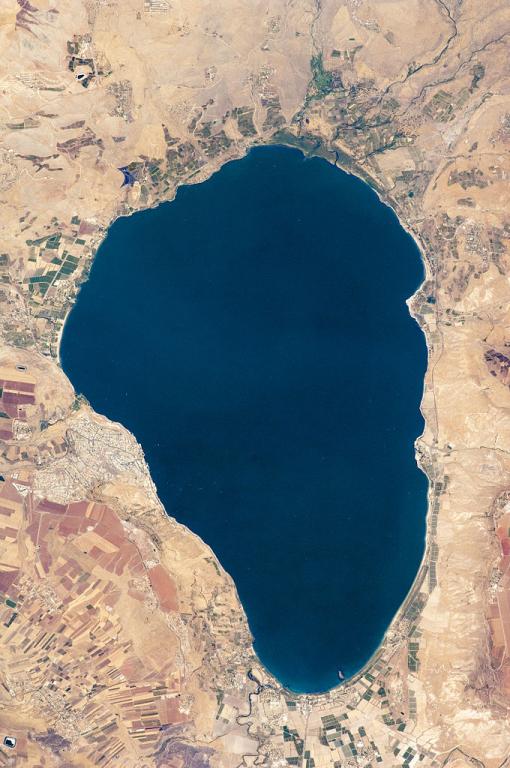
Wikimedia Commons public domain photo
Since leaving the United States on this current trip, I’ve devoted some of my fleeting moments of spare time — essentially nonexistent for the past few days, and perhaps fated to be nonexistent for the next two weeks — to reading in the excellent book made up, with just one exception, of chapters contributed by members of the faculty at Brigham Young Universityedited by Kent P. Jackson and , A Bible Reader’s History of the Ancient World (Provo: Jerusalem Center for Near Eastern Studies, Brigham Young University Press, 2016).
At the beginning of Chapter 24 (Professor Cecilia M. Peek’s “The Greeks and Alexander the Great”), I read this passage, which reminded me of a curious fact that I haven’t thought about in a very long time and that I had essentially forgotten:
Anciently there arose a tale of shared ancestry between Jews and Spartans. According to the author of 1 Maccabees, Spartans claimed common descent from Abraham. The earliest information on the legendary connection comes from a letter purportedly sent by a Spartan king to a Jewish high priest: “It has been found in writing concerning the Spartans and the Jews that they are kinsmen, and that they are the stock of Abraham; and now since these things have come to our knowledge, you shall do well to write to us of your prosperity. And we do write on our part to you that your cattle and goods are ours, and ours are yours.” (1 Maccabees 12:20-23; cf. Josephus, Antiquities 12:225-27). The letter, if real, would be dated to the late fourth or early third century BCE, and the source describing it, 1 Maccabees, to the late second century. But the kinship it describes would have been of an earlier date, since it was supposedly rediscovered in an older written text in possession of the Spartans. The kinship relationhip and the text that asserted it are very likely fictional and do not constitute proof of ancestral Jewish ties to the Greek world. The Judeo-centric text can tell us more about Jewish attempts in the Hellenistic age to locate their people in the broader context of a world governed by Greco-Macedonian political engines and to assert their prestige and superiority in that framework.
I agree that the claim of relationship is almost certainly fictional, but it’s an interesting one nonetheless.
Posted from Tiberias, Israel











